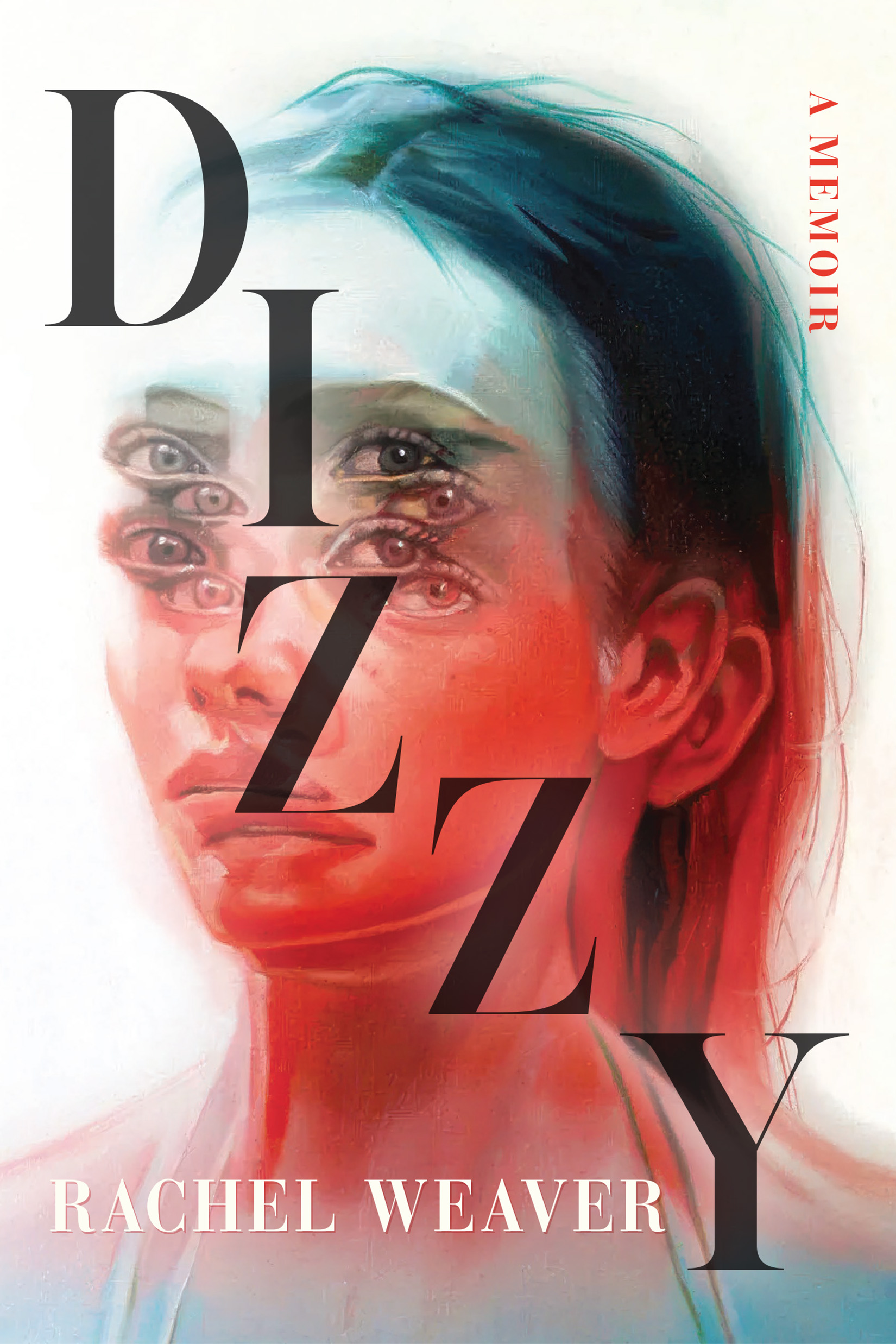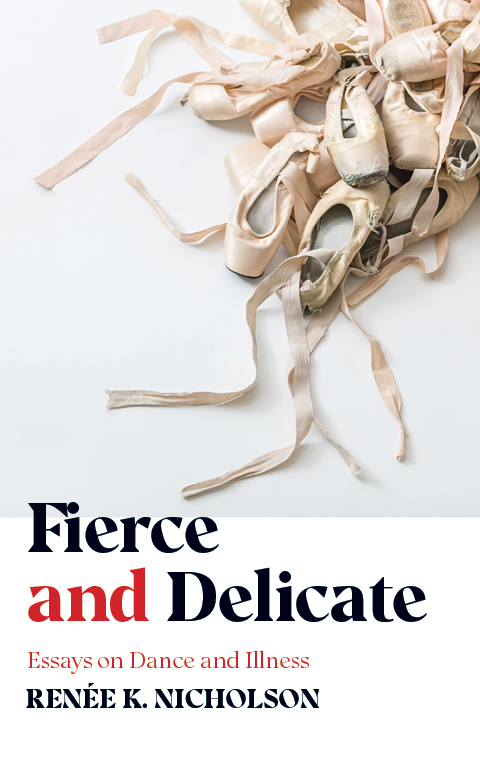Connective Tissue: A Health Humanities and Narrative Medicine Series
Health Humanities studies the intersection of health, fine arts, and humanistic disciplines (such as philosophy, religion, history, literature), including social science research that provides insight into the human condition (fields such as anthropology, sociology, and cultural studies).
Narrative medicine, one of the best-known health humanities approaches, has developed principles and practices that equip clinicians to better comprehend their patients’ experiences and perspectives so as to deliver equitable and effective health care, while also engaging with writers, artists, scholars, activists, and human services professionals of all kinds, to improve healthcare outcomes for both patients and providers.
As the field of health humanities programs in narrative medicine grows, so does the need for a literature that includes creative works, critical theoretical work, and, importantly, hybrids of the two as it relates to health, illness, medicine, and related subjects.
Connective Tissue is a broad series exploring the human condition and its intersection with health, illness, and healing through the lens of the humanities and its methodologies, as well as through expressive creative works that illuminate people’s lived experience with health, illness, and medicine. This series seeks to publish books that cover innovative approaches to healthcare, integrating expressive arts and humanities practices into health settings, as well as books of creative writing that artfully render stories of illness, disability and healthcare.
The series seeks projects such as:
- Books about the intersection of place and healthcare, with a specific interest in rural or Appalachian communities.
- Anthologies of creative works with critical elements included for easy adaptation by non-specialists in creative writing or literature.
- Anthologies that look at specific health professions, diseases, patient communities, etc.
- Illness and Provider memoirs.
- Texts that illuminate specific specialties in health humanities, such as medical anthropology, history of medicine, healthcare ethics, art and medicine, and others.
Series Editor: Renée K. Nicholson, MFA, holds a Certificate of Professional Achievement in Narrative Medicine from Columbia University, is a contributing writer for Synapsis: A Journal of Health Humanities, and is a creative partner in the art and storytelling initiative Healthcare Is Human. For her work with patients with ALS, cancer, and HIV, she was the recipient of the 2018 Susan S. Landis Award for Distinguished Service to the Arts from the West Virginia Division of Arts, Culture, and History, and her narrative medicine work has been supported by the Claude Worthington Benedum Foundation, the West Virginia Clinical and Translational Science Institute, the West Virginia Humanities Council, the West Virginia Commission on the Arts, and others.
Renée is the author of Fierce and Delicate: Essays on Dance and Illness, co-editor of the award-winning anthology Bodies of Truth: Personal Narratives of Illness, Disability, and Medicine, and two collections of poetry. She is a frequent speaker on health humanities; is active in the Narrative Medicine Alumnx group at Columbia; is a member of Narrative Mindworks, the Association for Interdisciplinary Studies and the Health Humanities Consortium; and is currently serving as Health Humanities Research Consultant at the University of Colorado Health Sciences.
Series Advisors:
- Christine Bentley, PhD, Professor of Art History, Missouri Southern State University, Visiting Scholar, Visual Arts in Healthcare Program, Brigham and Women’s Hospital
- Brooke DiGiovanni Evans, EdM, Director of the Visual Arts in Healthcare Program,
Brigham and Women’s Hospital - Joel T. Katz, M.D., M.A.C.P, Senior Vice President for Education at Dana-Farber Cancer Institute and founding director of the Visual Arts in Healthcare program at Brigham and Women’s Hospital
- Derek McCracken, M.S., M.A., 2023 Faculty Fellow in the School of Professional Studies and a Lecturer in Narrative Medicine at Columbia University
- Kathryn Rhine, PhD, Associate Professor and Director of the Arts & Humanities in Healthcare Program, University of Colorado Anschutz Medical Campus
- Michael P.H. Stanley, MD, Tufts Medical Center, Department of Neurology, Director of the Neurocognitive Division, Assistant Professor, Tufts University School of Medicine
For more information:
Authors interested in submitting proposals for consideration should send their materials to connectivetissuewvu@gmail.com or share your idea with us here: https://bit.ly/CTSsubmit-proposal





